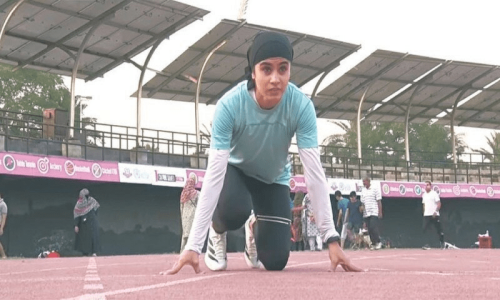NEW YORK: The ice bucket challenge’s phenomenal success is making other charitable organisations rethink how they connect with a younger generation of potential donors.
Since the ALS Association began tracking the campaign’s progress on July 29, it has raised more than $53.3 million from 1.1 million new donors in what is one of the most viral philanthropic social media campaigns in history.
Thousands of people, including celebrities like Taylor Swift and Oprah Winfrey, have posted videos of themselves getting buckets of ice water dumped over their heads and challenging others to do the same — or donate money to The ALS Association, which raises money for Lou Gehrig’s disease research and assistance.
The ice bucket challenge has shown it’s OK to be silly for a good cause, says Brian Mittendorf, a professor at the Ohio State University Fisher College of Business, who teaches courses in non-profit finance.
“Normally the model is to find people who are passionate about a cause and then ask for donations or to educate people and then seek out donations.
(The ice bucket challenge is) something that’s fun that people can do ... people are taking part in it and then taking the info and donating. “The viral nature of the effort surprised even The ALS Association.
“This level of unprecedented giving is (something) I don’t think this country has seen before outside of a disaster or emergency,” said ALS Association spokesperson Carrie Munk.
“We had no idea it would get to this point.” Who should get credit for making this a viral sensation depends on whom you ask. Some say it began earlier this month when friends of a 29-year-old Boston man with ALS, a neurodegenerative disease that affects nerve cells in the brain and spinal cord, did a group challenge.
It’s also demonstrated that the average Joe or Jane can make waves.
“One of the big take-aways is the power of individuals who are so tightly connected to a cause can really make a difference,” Munk said.
Published in Dawn, August 23rd, 2014













































